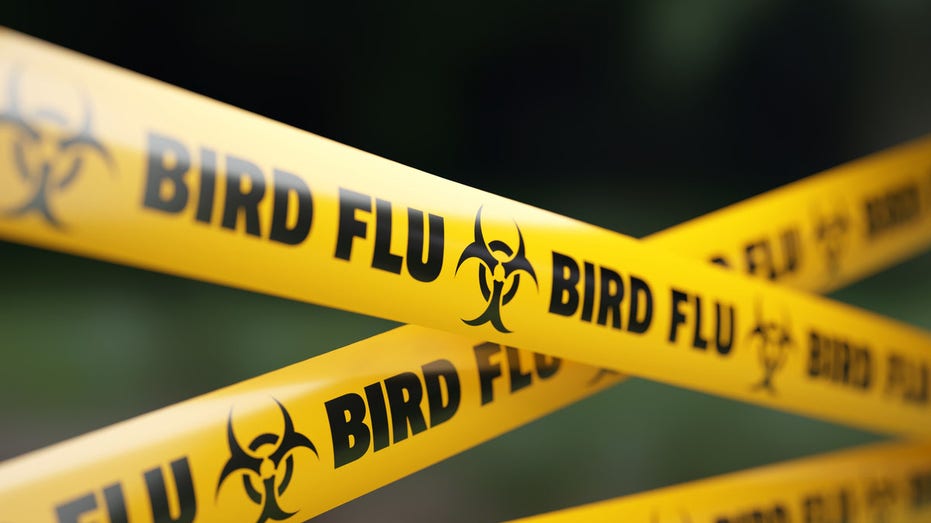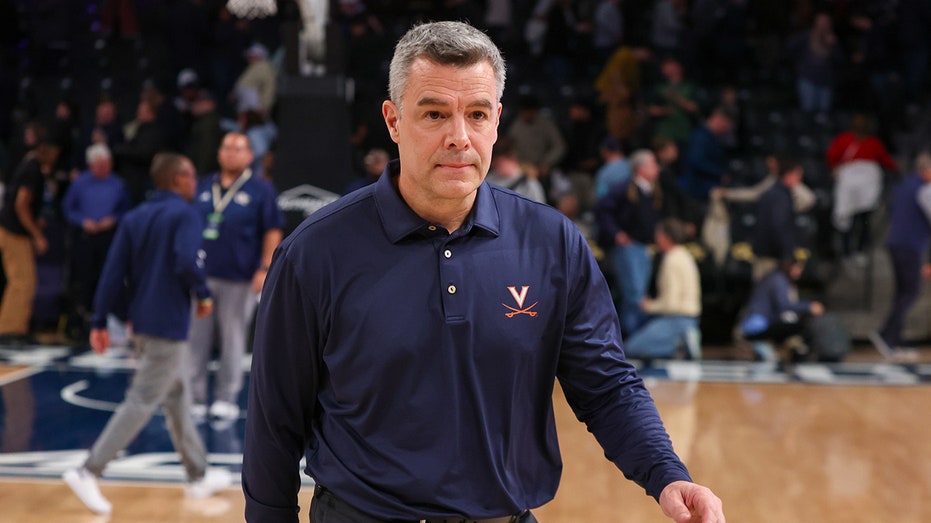The bird flu outbreak continues to grow in the U.S., with state officials confirming infected flocks in two additional Michigan counties on Monday.
Following an investigation by the Michigan Department of Agriculture and Rural Development (MDARD), the Michigan State University Veterinary Diagnostic Laboratory detected the presence of highly pathogenic avian influenza (HPAI) at two commercial poultry facilities in Ottawa County and at a backyard flock in Jackson County.
The affected premises are currently under quarantine, and the birds will be “depopulated” to prevent disease spread, according to a statement from MDARD.
The efforts also help to ensure the safety and integrity of the commercial food supply, according to officials.
BIRD FLU SURGES IN SEVERAL US STATES WITH REPORTS OF NEW OUTBREAKS: ‘GETTING WORSE’
“Slowing the spread of HPAI to protect human health is a top priority at MDARD,” said MDARD Director Tim Boring. “Implementing on-farm biosecurity and expanding the state’s HPAI surveillance efforts are key strategies to prevent opportunities for the virus to infect domestic animal species and potentially spread and become a more concerning human threat.”
HPAI, also known as bird flu, is a highly contagious virus that can be spread in various ways from flock to flock — including by wild birds — through contact with infected animals, by equipment, and on the clothing and shoes of caretakers, according to MDARD.
BIRD FLU LEADS TO SEVERE HUMAN ILLNESS AND STATE OF EMERGENCY
“Even though the weather is cold, HPAI continues to circulate in wild bird populations, creating ideal conditions for the virus to thrive and spread,” said state veterinarian Nora Wineland. “It’s critical to prevent disease introduction by taking biosecurity measures, such as keeping domestic animals away from wild birds and cleaning and disinfecting equipment between uses.”
MDARD said it is continuing to work diligently with local, state, and federal partners to quickly respond to reports of sick domestic animals to best mitigate the spread of HPAI and provide outreach.
According to the U.S. Centers for Disease Control and Prevention, the public health risk associated with avian influenza remains low. No birds or bird products infected with HPAI will enter the commercial food chain.
As a reminder, people should properly handle and cook all poultry and eggs.
















